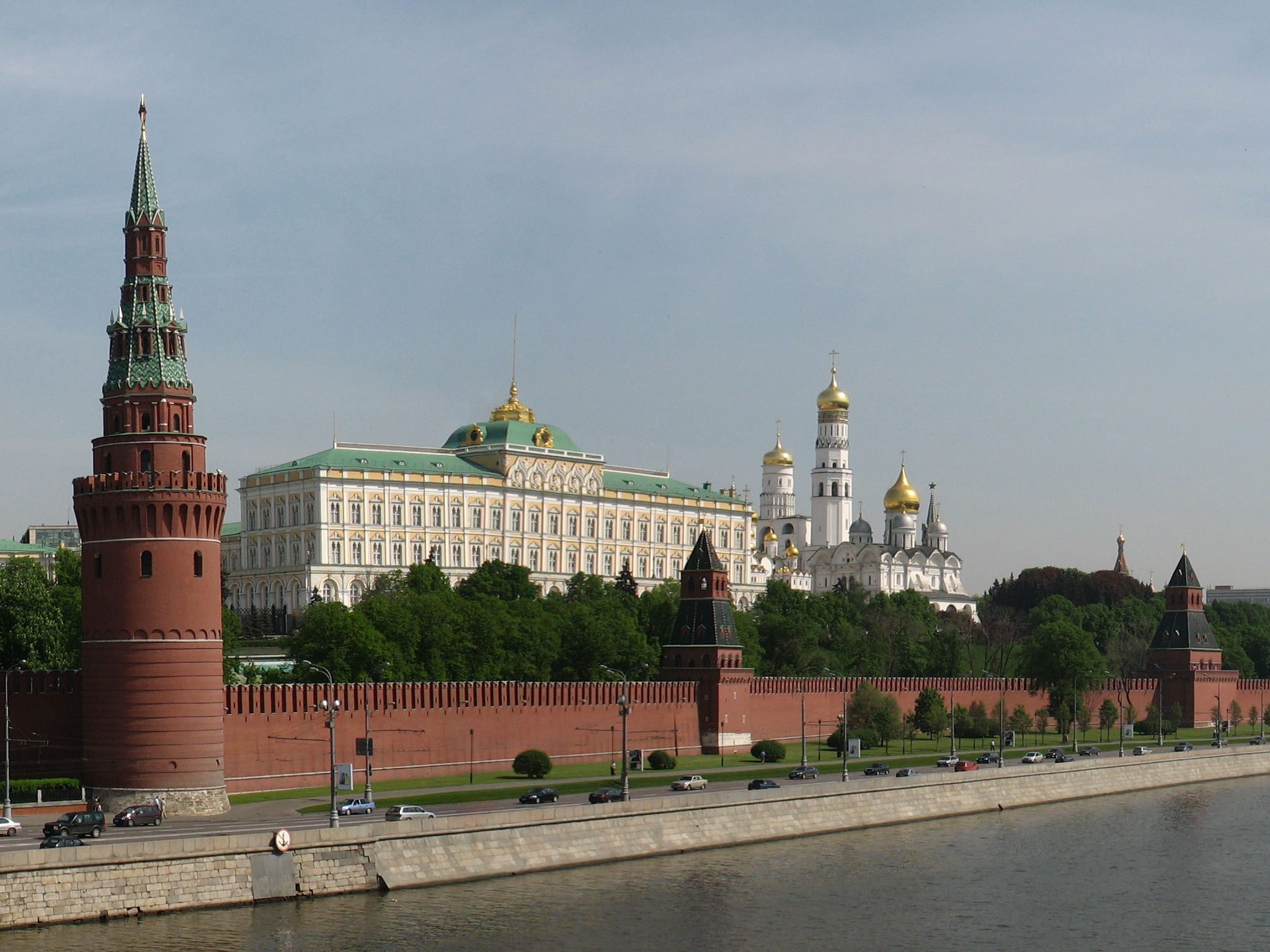New York : Schwartz & Wade Books, [2014]
292 p. : ill., geneal. table, map ; 25 cm.
With the current trend of the rapidly widening gaps between the very rich and everyone else in the US and globally, the sad tale of the Romanov family ought to serve as a cautionary tale. But how to convey the complexity of the last Russian Tsar - a timid man who desperately did not want to be the ruler of Russia, but also a dictator who gleefully launched waves of repression against dissidents and Jews which killed thousands? And how to do it for a high school audience? In The Family Romanov, Candace Fleming has done a remarkable job on meeting the challenge.
Her book is an extremely well researched book, but reads a lot like a novel. She also balances the "Dowton Abbey" gawking at the obscene opulence of the Russian elite with alternating sections that powerfully describe the horrible poverty and oppression of the Russian peasantry and workers.
 |
| from the LOC (also on the books cover) |
I love reading about Russian history and about this period just before and during WWI, and this book is a great addition to that list. Fleming does a wonderful job of including enough illustrations and of explaining the basics of the Russian Revolution (no easy task). She also manages to flesh out each of the members of the Tsarist family and conveying the both the historical and human sides of the story of their downfall and eventual murders.
This would be a great book to recommend to any student who is curious about the Russian Revolution, but doesn't want a dry history of the events. It answers a lot of the basic questions, but also stokes the curiosity of any historically minded person who will definitely want to read more.



